Traditional food processes
PEDAGOGICAL PLAN
3. FOOD PROCESSING
Welcome to a comprehensive exploration of diverse facets within the realm of Food Processing. This section is intricately divided into four chapters, each shedding light on crucial aspects that shape our relationship with food.
- Chapter 1: Farm to Fork Strategy Embark on a journey tracing the intricate path from farm to fork. Delve into the Farm to Fork Strategy, examining the sustainable practices and policies that guide the production, processing, and distribution of our food. Discover how this strategy contributes to a more resilient and environmentally conscious food system.
- Chapter 2: Tackling Food Waste Join the conversation on one of the most pressing challenges in our food systems – food waste. Uncover the dimensions of this issue, from its environmental impact to strategies for reduction and responsible consumption. This chapter explores how conscious choices at each step can contribute to a more sustainable and efficient food chain.
- Chapter 3: Traditional vs Industrial Food Processing Navigate the complex landscape of food processing methods. Explore the nuances between traditional and industrial approaches, understanding their implications on nutrition, cultural significance, and environmental sustainability. Gain insights into the choices we make in processing food and their impact on our health and heritage.
- Chapter 4: Food Heritage and Identity Lesson In this chapter, we delve into the cultural significance of food, exploring how it shapes our identity and heritage. From recipes passed down through generations to the rituals surrounding meals, discover the profound connection between food and cultural identity. This lesson emphasizes the importance of preserving and celebrating our unique food heritage.
Together, these chapters offer insights and perspectives that go beyond the plate. Join us in unraveling the complexities and opportunities within our food systems, fostering a deeper understanding of the multifaceted nature of what we eat and why.

